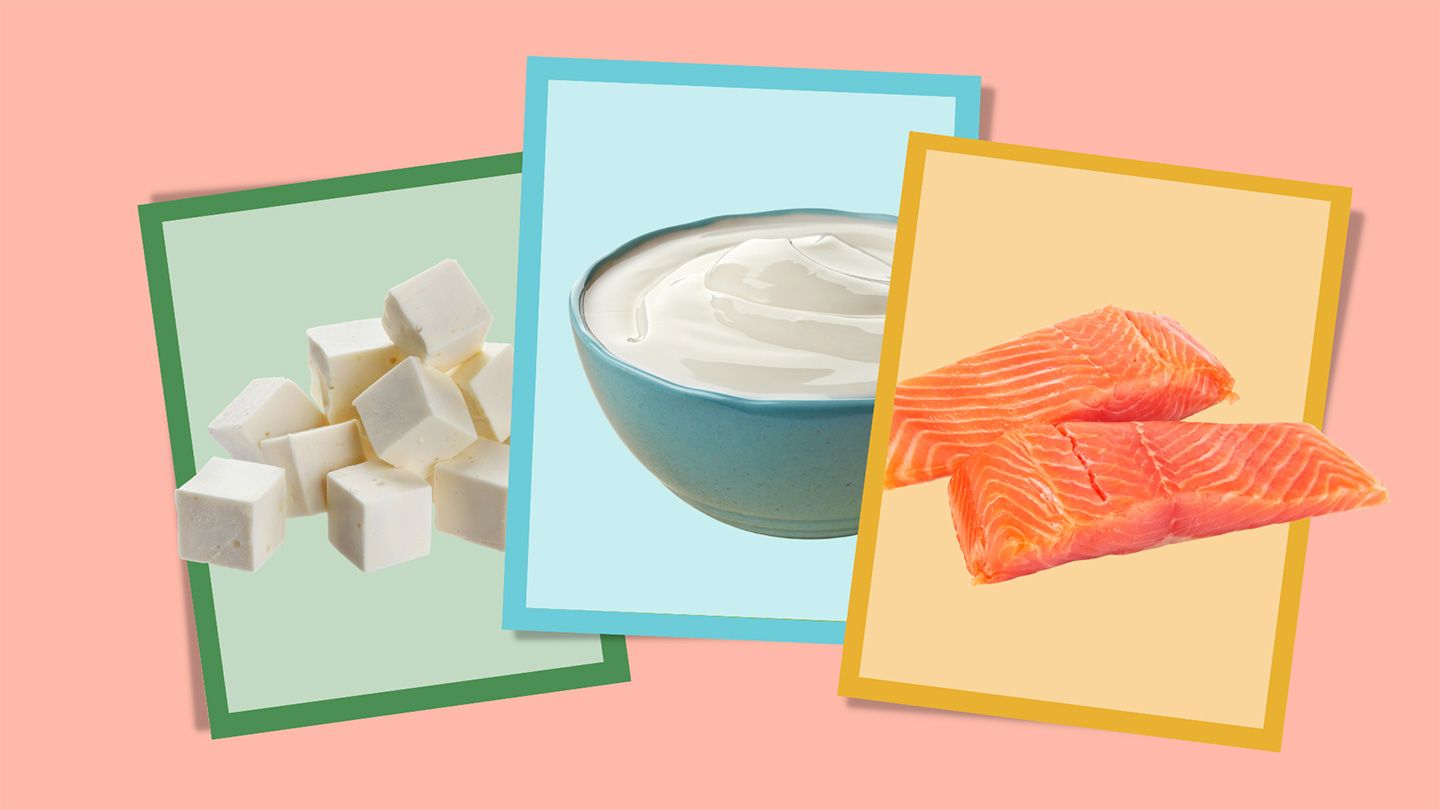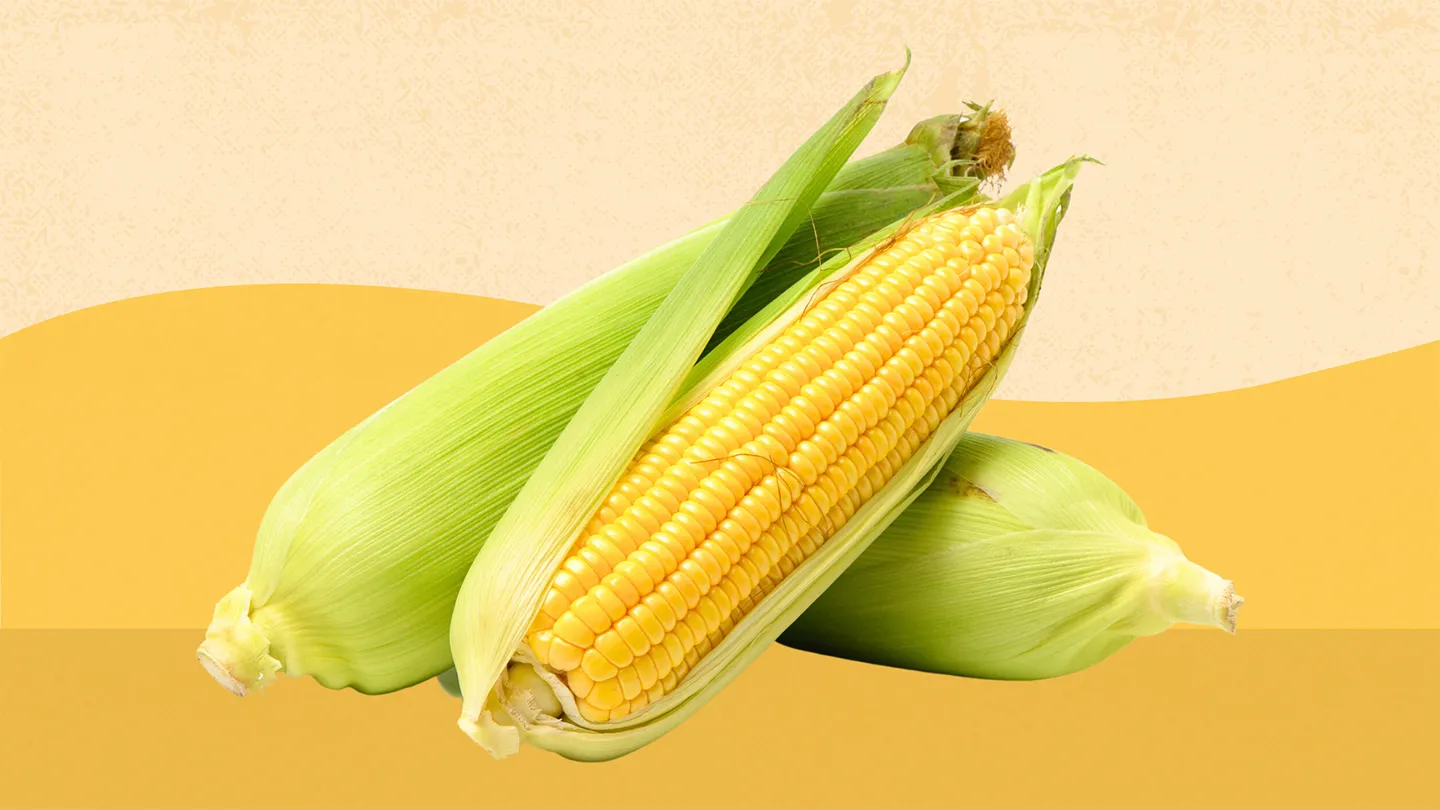Carbs in Wine: A Guide to the Best Low Carb Wines
Wine is a beloved drink for many, offering flavors ranging from crisp and tart to rich and oaky. But for those counting carbs - like followers of the popular ketogenic diet - wine can seem off-limits. The good news is that not all wines have high carb contents. By choosing wisely, you can work wine into your low-carb lifestyle.
In this complete guide, we'll break down the carb counts in various wines. We'll also offer tips for picking the best low carb wines so you can still enjoy the occasional glass without going over your daily limits.
How Many Carbs Are in Wine?
The amount of carbs in wine depends largely on the style and sweetness. Drier wines tend to be lower in sugar and carbs, while sweeter wines have higher carb contents. Fortified and sparkling wines fall somewhere in between.
Below are the carb counts in 5 ounces (148 ml) of these common wine varieties:
- Dry red wine: 1.5-4g carbs
- Dry white wine: 2-4g carbs
- Sweet white wine: 7-10g carbs
- Sweet red wine: 9-16g carbs
- Dry sparkling wines: 1-6g carbs
- Sweet sparkling wines: 9-12g carbs
- Fortified wines like port: 7-20g carbs
Red and white wines both come in dry and sweet styles. Dry wines like Pinot Grigio, Sauvignon Blanc, Cabernet, and Merlot tend to be the lowest carb options. Moscato, Riesling, and Lambrusco are examples of sweeter, higher carb wines.
Factors That Impact Carbs in Wine
The grape variety itself plays a role in a wine's carb content. But how the wine is produced can also affect the sugar levels.
Wines tend to have higher carbs when:
- Grapes are very ripe and high in natural sugars
- Yeast fermentation is halted halfway through, leaving residual sugar
- Winemakers add unfermented grape juice or other sugars before bottling
- Oak aging adds flavor compounds that increase perceived sweetness
- Sparkling wine undergoes a secondary fermentation, adding sugars
- Fortified spirits like brandy are added, contributing more alcohol and sweetness
On the flip side, wines tend to have lower carbs when:
- Grapes are harvested earlier when less ripe and lower in sugars
- Yeast ferments all the grape sugars into alcohol - known as "dry" wines
- No additional sugar is added after initial fermentation
- Malolactic fermentation occurs, which decreases tartness
- Wines are aged in steel or concrete rather than oak barrels
- No fortification or second fermentation takes place
Counting Carbs for Keto and Low Carb Diets
Knowing a wine's carb content allows you to fit it into a low carb, keto, or other carb conscious diet. Here's a quick look at the typical carb recommendations for these eating plans:
- Ketogenic diet: 20-50g net carbs per day
- Low carb diet: 80-130g net carbs per day
- Moderate carb diet: 130-225g net carbs per day
Net carbs refer to total carbs minus fiber and sugar alcohols. All the carbs in wine come from sugars, so you don't subtract anything for fiber or sugar alcohols.
A 5 ounce glass of dry red wine at 4g net carbs would account for 8-20% of a typical keto carb allotment for the day. The same serving would be just 3-5% of the daily total on a more moderate low carb diet.
Even on keto, an occasional glass of dry wine can likely fit into your macros. Just account for the carbs properly and watch your limits for the day.
Choosing the Best Low Carb Wines
If you want to enjoy wine while watching your carb intake, focus on these low carb wine varieties and styles:
1. Dry Red Wine
Most dry red table wines are low carb options, with under 5g carbs per glass. Red wine goes through a full fermentation, which converts almost all the grape sugars to alcohol. Common tasty choices include:
- Pinot Noir
- Cabernet Sauvignon
- Merlot
- Malbec
- Zinfandel
- Syrah
- Sangiovese
Heavier reds like Petite Sirah and Cabernet can work too. Just double check the label for added sugars.
2. Dry White Wine
Like dry reds, most dry white wines also clock in under 5g carbs per serving. Savory, tart choices like these are smart picks:
- Pinot Grigio
- Sauvignon Blanc
- Chardonnay
- Albario
- Gavi
- Vermentino
- Vinho Verde
Dry white wines pair nicely with lean meats like fish and chicken that are ketogenic diet-approved.
3. Dry Sparkling Wine
You can still enjoy bubbly wines on a low carb diet. Look for these extra dry (brut) sparkling wines:
- Champagne
- Cava
- Prosecco
- Extra dry ros sparkling wines
Avoid cheaper sweet sparklers like Asti Spumante, which can have 10-12g carbs per glass. Stick to brut or extra dry styles marked 0-1.5g/L residual sugar.
4. Light-Bodied Red Blends
Certain light red wine blends are lower in alcohol and carbs than bold single varietals. Examples include:
- Beaujolais
- Cotes du Rhone
- Dolcetto
- Valpolicella
- Chianti
Check labels for added sweeteners, which bump up carb contents. But if dry, these lighter reds can be nice low carb options.
5. Low Alcohol Wines
Wines lower in alcohol tend to be lower in carbs too. Under ripe grapes and restricted fermentation keeps alcohol levels around 5-7%. Options include:
- German Kabinett Rieslings
- Vinho Verde
- Moscato d'Asti
- Lambrusco
- Early harvest wines
While not as dry as other wines, these make good choices when you want something a little fruitier.
Wines to Limit on a Low Carb Diet
Some wines can quickly consume a large chunk of your daily carb allowance. Use caution with these higher sugar varieties:
Sweet Whites
White wines described as sweet, late harvest, or ice wine are higher in carbs. Examples include:
- Gewrztraminer
- Riesling
- Muscat/Moscato
- Torronts
- Chenin Blanc
- Vouvray
- Ice wines
Double check sweet white wines, which can range from 7-15g carbs per serving depending on style and brand.
Sweet Reds
Dessert wines and cream sherries ramp up the carb counts in reds:
- Port
- Ruby port
- Tawny port
- Banyuls
- Lambrusco
- Sweet Banyuls
- Madeira
Avoid sweet reds or limit yourself to 2 ounces (60 ml) to keep carbs in check.
Sweet Sparkling Wines
While dry sparkling wine can fit into low carb diets, sweet varieties have 9-12g+ carbs per serving:
- Asti Spumante
- Sweet ros Cava or Prosecco
- Sweet sparkling Rieslings
- Brachetto dAcqui
- Lambrusco
- Any sparkling wine with over 1.5g/L residual sugar
Save very sweet bubbly wines for special low carb treats. Or dilute with sparkling water to cut the carbs.
Dessert Wines
Dessert wines have extra sugar added after fermentation, which significantly increases carbs. Types like:
- Sauternes
- Tokaji
- Ice wines
- Late harvest Riesling
- Vin Santo
Can have 15-25g carbs per glass. Reserve these high carb dessert wines for small splurges.
Cheap Bottled Wines
Bargain basement wines often have extra sugars added before bottling. Check labels and avoid these:
- Wines under $8 per bottle
- Boxed wines
- Wines with added juices or flavorings
Cheap bottles mask mediocre grapes with extra residual sugar. Spend a couple dollars more for properly dry low carb wines.
Tips for Drinking Wine on a Low Carb Diet
If you want to work wine into your low carb lifestyle, keep these pointers in mind:
1. Check Labels for Carb Counts
The easiest way to gauge a wine's carbs is to check the nutritional info on the label. Look for:
- Grams of carbs per serving
- Grams of sugar per liter - under 2 is best for dry wines
- No added sweeteners in the ingredients
2. Stick to 5oz Pours
Even lower carb dry wines can add up fast. Stick to 5 ounce (150 ml) servings to keep carbs and alcohol in check.
3. Enjoy Wines Chilled
Chilling whites, reds, and ross muted natural sweetness. Serving wines cold helps enhance tartness and acidity.
4. Alternate with Spirits
Pair a glass of dry wine with keto-friendly spirits like whiskey, tequila, vodka, gin, and rum for more variety.
5. Use Wine in Cooking
Cook with dry wines like Sauvignon Blanc in dishes like chicken marsala or coq au vin. The alcohol cooks off, leaving just flavor.
6. Try Wine Spritzers
For a lighter, lower-carb option, mix 3 ounces dry wine with 2-3 ounces sparkling water. The bubbles dilute the carbs.
7. Watch Mixers & Cocktails
Steer clear of sangria, wine coolers, and fruity mixed drinks that pack on sugar. Stick to wine on the rocks or simple spritzers instead.
Low Carb Wines for Keto and Diabetic Diets
Choosing ultra low carb and sugar-free wines is especially important for keto and diabetic diets. Keep these tips in mind:
Pick Bone Dry Wine Styles
Keto and diabetes demand stricter carb counts. Select wines described as dry, brut, sec, sur lie, or natural.
Avoid Oak Barrel-Aged Varieties
Oaked wines taste richer and slightly sweeter. Go for unoaked styles fermented in steel or concrete instead.
Check for Added Sugars or juices
Many cheaper wines contain added sugar before bottling. Read labels closely and avoid anything suspicious.
Ask Your Wine Shop for Low Carb Recommendations
Most wine shops will have staff picks perfect for low sugar diets. Take advantage of their expertise.
Try Low-Sugar Alternatives
Products like Dry Farm Wines and FitVine offer lab-tested, low sugar wines suitable for strict diets.
The Bottom Line
Countless delicious wines can fit into low carb, keto, and diabetic eating plans. The key is sticking with reliably dry styles like Cabernet, Pinot Noir, Champagne, Sauvignon Blanc, and dry ross.
Avoid sweet whites, dessert wines, juice-spiked cheap wines, and sweet sparkling varieties. And limit yourself to 5 ounce pours, since even lower carb wines add up.
With dry wines, light pouring, and careful label reading, you can confidently include wine in your low-carb lifestyle. Just count the carbs and budget them into your daily totals.
FAQs
What wines are lowest in carbs?
Dry red and white wines are lowest, usually under 4g carbs per 5oz glass. Examples include Cabernet, Pinot Noir, Sauvignon Blanc, and Chardonnay.
Do all red or white wines have the same carbs?
No. Dry reds and whites are low carb, but sweet varieties like Moscato and Riesling have more carbs from residual sugar.
Is rosé wine low carb?
Dry rosé wines are low carb options at 2-4g per glass. But sweet pink rosés are higher at around 10g per serving.
Can you drink wine on a keto diet?
Yes, dry wines like Cabernet, Champagne, and Sauvignon Blanc can fit into keto diets in moderation. Limit to 5oz serving sizes.
What alcohol is lowest in carbs?
Hard liquors like vodka, gin, tequila, and whiskey have 0g carbs. Dry wines and light beers are also options at under 5g carbs per serving.
Disclaimer: This article is for informational purposes only and does not constitute medical advice. Always consult with a healthcare professional before starting any new treatment regimen.
Related Coverage
Ashwagandha and maca can be taken together safely for enhanced energy, libido, hormone balance, and stress relief. Learn proper dosage, timing, side effects....
Raw Valencia peanuts are packed with protein, healthy fats, fiber, vitamins and minerals. Learn how incorporating them into your diet can improve nutrition....
Universal therapy hoodies incorporate accessibility for disabilities, sensory issues, and medical needs with everyday apparel. Learn the helpful design features and benefits....
Chia seeds contain 2 net carbs per serving, making them ideal for keto. Learn proper portions, health benefits, recipe ideas, and the best keto fats to balance intake....
A tbsp of avocado oil contains 120 calories. Its high smoke point and heart healthy fats make it a good choice for sautéing and baking. But measure servings carefully....
Discover the carb count of corn and whether it fits into a low-carb keto diet. Learn corn nutrition facts, glycemic impact, keto substitute ideas, and recipes....
Croutons are high carb from the bread used to make them, containing 20-30+ grams per serving. Learn the carb counts for different croutons and find low carb replacements....
Seaweed salad can be keto-friendly in moderation. Learn whether enjoying its briny crunch fits into daily low-carb ketosis limits, plus tips to balance intake....
Looking to add more protein to your diet? Compare different cheese types to determine which offer the most protein per serving. Learn the top high protein cheeses....
Learn about the POTS diet for increasing fluid, salt intake and recipes that help control fainting, dizziness episodes. Get tips for staying hydrated plus lifestyle changes that improve symptoms....









